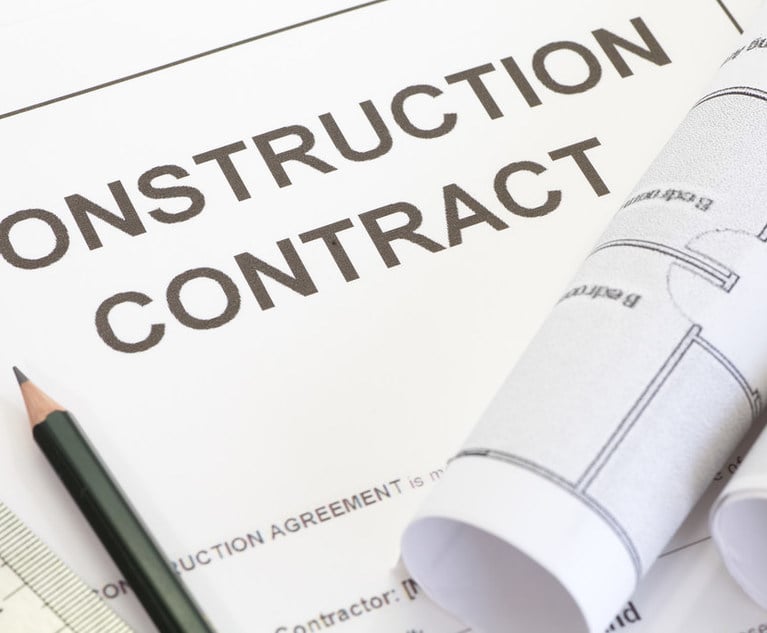In the construction industry, it is common for a general contractor to avoid paying a subcontractor unless and until it has received payment from an owner for the subcontractor’s work. This practice, however, had been rejected by the New York Court of Appeals in the 1995 landmark case West-Fair Elec. Constrs. v. Aetna Cas. & Sur. Co., 87 N.Y. 148 (1995). In that case, the Court of Appeals invalidated pay-when-paid clauses in construction contracts. Since then, relying on West-Fair, subcontractors have prevailed against general contractors who refused to pay a subcontractor because the owner had not paid the general contractor. In those situations, the general contractor bears the economic loss for the subcontractor’s work, which may turn a profitable job into a non-profitable one.
This does not have to occur. General contractors have a tool available that they, or their counsel, may not have considered. An overlooked section of the Prompt Payment Act provides an alternative to invalid pay-when-paid clauses. In 2002, the New York Legislature enacted Article 35-E of General Business Law, otherwise known as the Prompt Payment Act. Most of the focus of this statute is the default deadlines it establishes by which an owner must pay a general contractor and a general contractor pay a subcontractor. However, a little explored section of the statute, §756-a(3)(b)(i), exculpates a general contractor from personal liability to a subcontractor where the subcontract discloses that the general contractor is entering into the agreement as an agent for a disclosed owner.


 Adam Browser
Adam Browser




